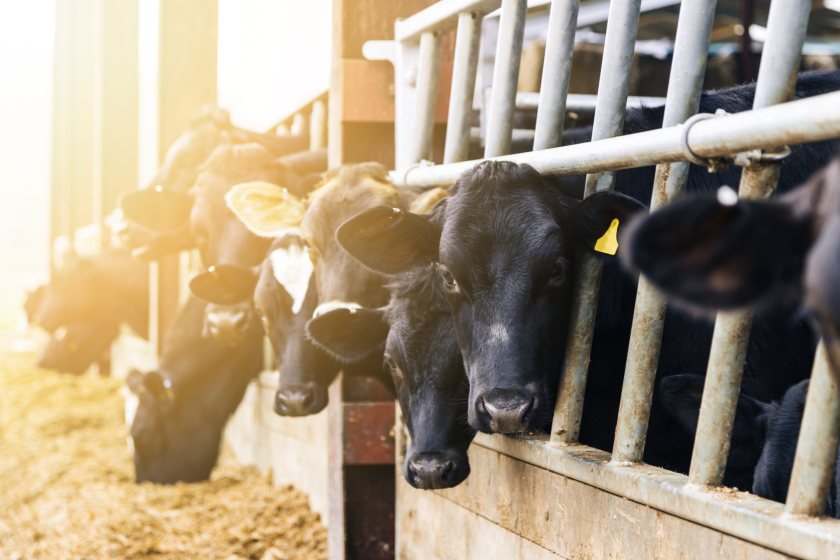
The government and food supply chain industry have been urged to support and promote the use of new technologies to enhance UK animal health and welfare.
MSD Animal Health has published a new report titled 'Time for Tech', illustrating how new technologies could benefit farmers, the supply chain and consumers.
It provides an overview of the benefits that integrating tech could have in terms of boosting animal performance and cutting antimicrobial use.
The publication includes UK farmer case studies to illustrate how technologies have improved productivity in a range of livestock systems.
It is part of a campaign to highlight the benefits of using technologies that automatically monitor the behaviour, productivity and reproductive status of various livestock species.
The report discusses how this tech can reduce the impact of stress and disease on productivity, and, ultimately, help farm managers make management decisions more accurately.
Helene Lanz, managing director at MSD Animal Health UK, said the livestock industry must embrace the opportunities that new technology could offer.
She said: “New systems such as those which enable us to remotely monitor our livestock in real-time are already a key component of many forward-thinking farming systems in the UK and globally.
"But there is still an element of misunderstanding, of mistrust and of hesitancy which is preventing the animal protein industry from adopting precision livestock farming technologies on a truly wholescale level."
The report recognises that the initial investment in monitoring, tagging and automation technologies can be prohibitive for many businesses.
Not all UK farmers want to, or feel comfortable in, using tech to help them decide how to manage their animals, researchers admit.
But with the government’s green agenda gaining traction, consumers are becoming increasingly concerned about emissions and where and how their food is produced.
The report also explains how the use of real-time data can be used in tandem with preventative vaccination and treatment protocols to deliver higher standards of animal welfare and improved production efficiencies.
“Modern livestock systems have the potential to significantly reduce their impact on the environment while maintaining food affordability,” Ms Lanz said.
“We are therefore keen to engage with farmers, their trusted allies and the wider food supply chain to drive positive change.
"The technologies we are involved with will never be a replacement for expert stockmanship but can add value as a complementary addition to traditional animal husbandry."
